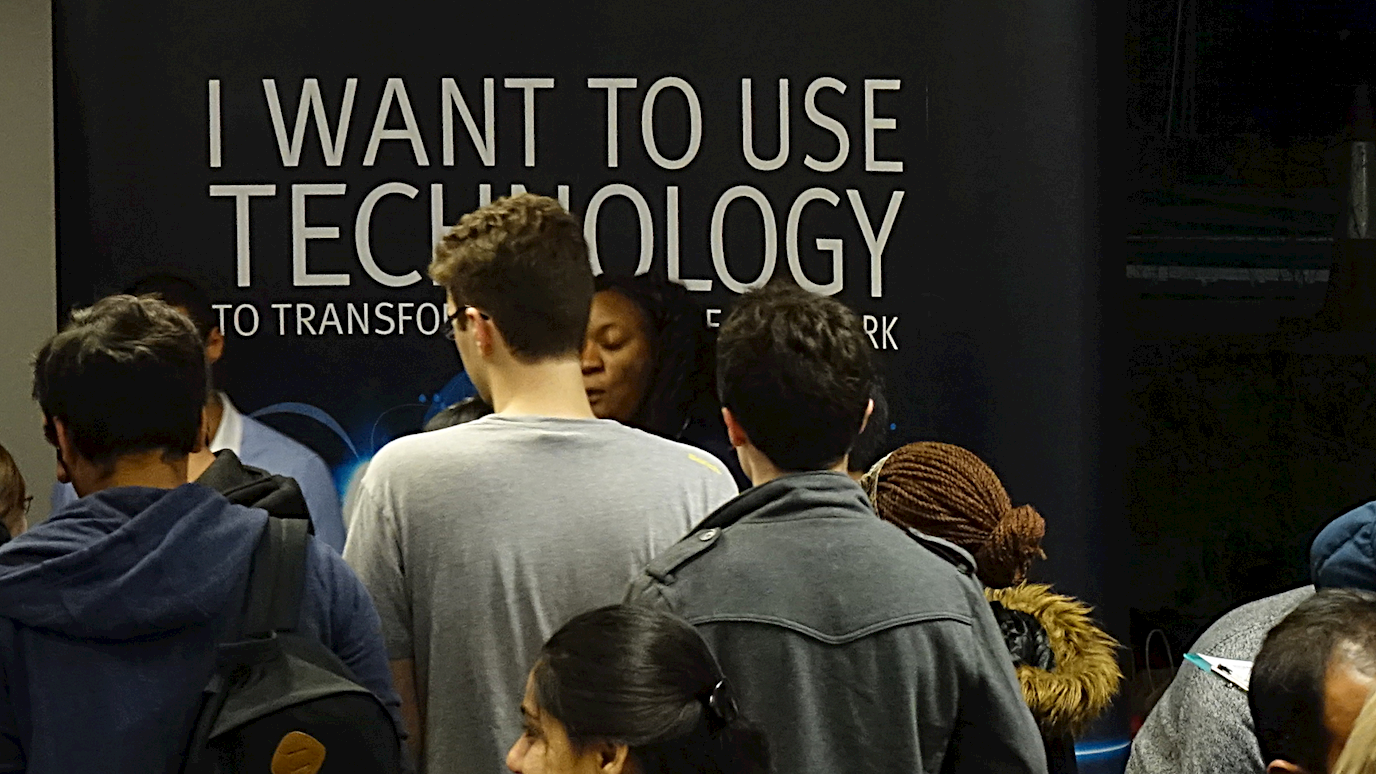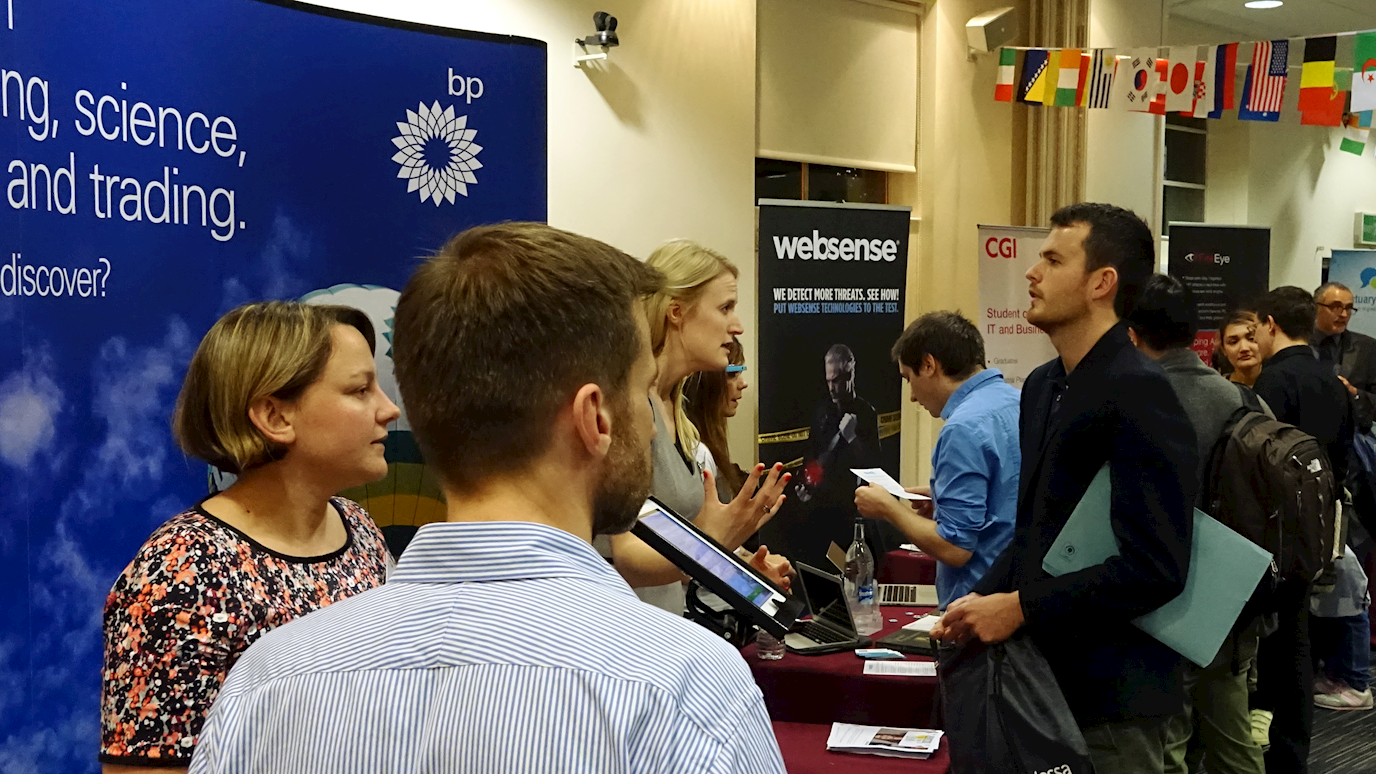For the students on September-start courses, revision lectures on mathematics will be organised during Welcome Week. Tests in Python Programming and Databases are also organised during Welcome Week to help decide if you should take Principles of Computation and Programming or Databases in Term One.
However, it is always helpful to revise or catch up in key areas of our programmes, especially in relation to mathematics or programming. To help you determine what kind of background in maths you need to have, we put together a short test.
Mathematics
The main areas required for data analytics are linear algebra and probability. More specifically:
Set theory: Sets, set operations (union, intersection, Cartesian product etc), functions (injections, surjections, bijections).
Linear algebra: Vectors, matrices, operations on vectors and matrices, determinants, eigenvalues and eigenvectors, bases, positive-definite matrices.
Probability: Random events and variables, independent events and conditional probabilities, Bayes formula, distributions, distribution and density functions, expectation, variance, Gaussian distribution and its properties.
You can catch up on these topics at https://www.khanacademy.org/ This site starts from simple things but builds up to quite advanced topics.
Some books that may be helpful (but many others are suitable) are:
- S. Lipschutz: Schaum's outline of theory and problems of linear algebra
- D. Poole, Linear algebra: a modern Introduction, Brooks-Cole, 2005.
- G. M. Clarke and D. Cooke, A basic course in statistics, 5th ed., Arnold, 2004.
- You may also find useful Chapter 1 of the following tutorial by Martin J. Osborne: http://www.economics.utoronto.ca/osborne/MathTutorial/index.html
- R.Hammack: Book or proof
Programming
If you have not had previous exposure to programming, or feel that your existing skills are a bit rusty, we recommend you start by consulting online resources such as https://www.codecademy.com/, or one of the numerous programming MOOCS that are available.
Python is perhaps one of the easiest language to learn for those without prior experience, and It is also the language you will be using extensively in various modules of our Big Data MSc degrees. You can consult https://www.codecademy.com/learn/python. The main concepts you need to master are: variables and the assignment operator; control structures: if-statements and loops; functions; and arrays. A book that we recommend is:
John V. Guttag. Introduction to Computation and Programming Using Python. MIT Press, ISBN 978-0262525008.
This is an introduction to computing and programming designed for beginners without prior computer science background.
























